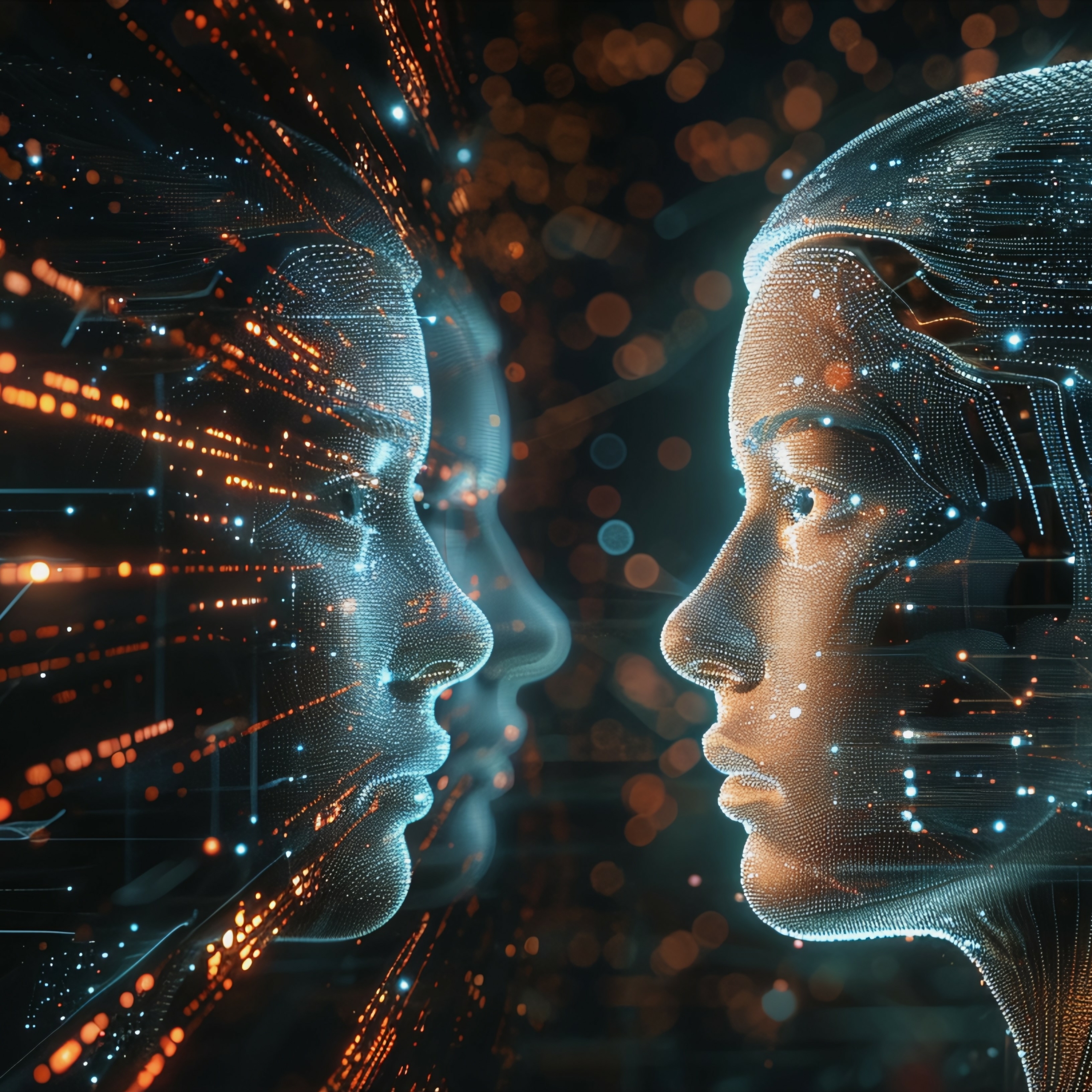Program Structure
The Digital Manufacturing Hub operates through four interconnected programs, delivering industry co-created digital manufacturing solutions. These solutions enable digital representations of complex machines, products, and people, addressing roadblocks associated with scarce, constrained, and interdependent manufacturing data. By overcoming these limitations, the Hub enhances the adoption of AI-driven solutions and reduces platform inefficiencies. The programs work synergistically to provide global solutions beyond specific production lines, fostering innovation and scalability across industries. This integrated approach supports Australia’s sovereign manufacturing goals by optimising processes, enabling predictive maintenance, improving productivity, and contributing to sustainability and efficiency through digital transformation.







